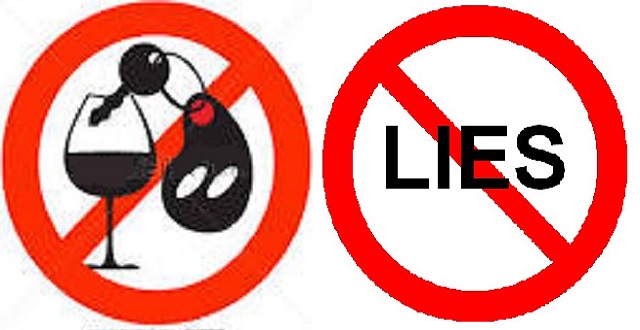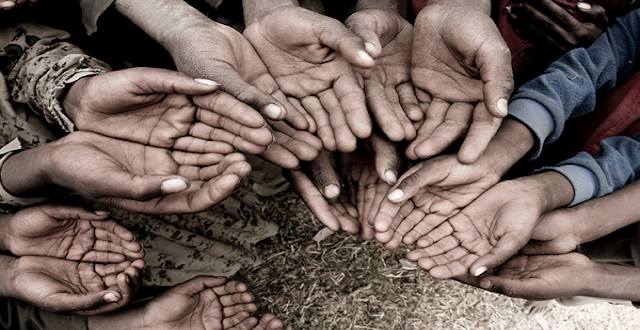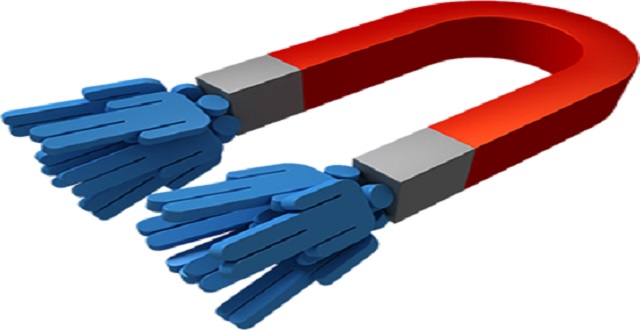The key of evils is wine. Lying is even worse

Imam Hasan Al-’Askari (a.s.) said:
“إنَّ اللّهَ جَعَلَ لِلشَّرِ أَقْفَالاً وَ جَعَلَ مَفاتِيحِ تِلْكَ الأَقْفالِ اَلشَّرابَ، وَ الْكِذْبُ شَرٌّ مِنَ الشَّرابِ”
Translation
God has placed evils and maladies under locks, the key of which is wine, and lying is even worse than wine. 1
Brief Description
The greatest and most effective tool against evils and maladies is wisdom and intellect, and this is a strong lock set on them. When the lock of “wisdom” is opened by the key of “wine”, all evils and obscenities are let loose and a drunk person is vulnerable to committing all sorts of crime, sin and corruption.
While a drunkard commits a sin under the influence of the mind numbing drink, a liar pollutes the social environment knowingly. When lying permeates a society, it kills the spirit of trust and reliance leading to sins and corruption. Hence lying is even more dangerous than wine.[divider]
• 1. Wasa’il ‘ush-Shi’a, second volume, page 223









